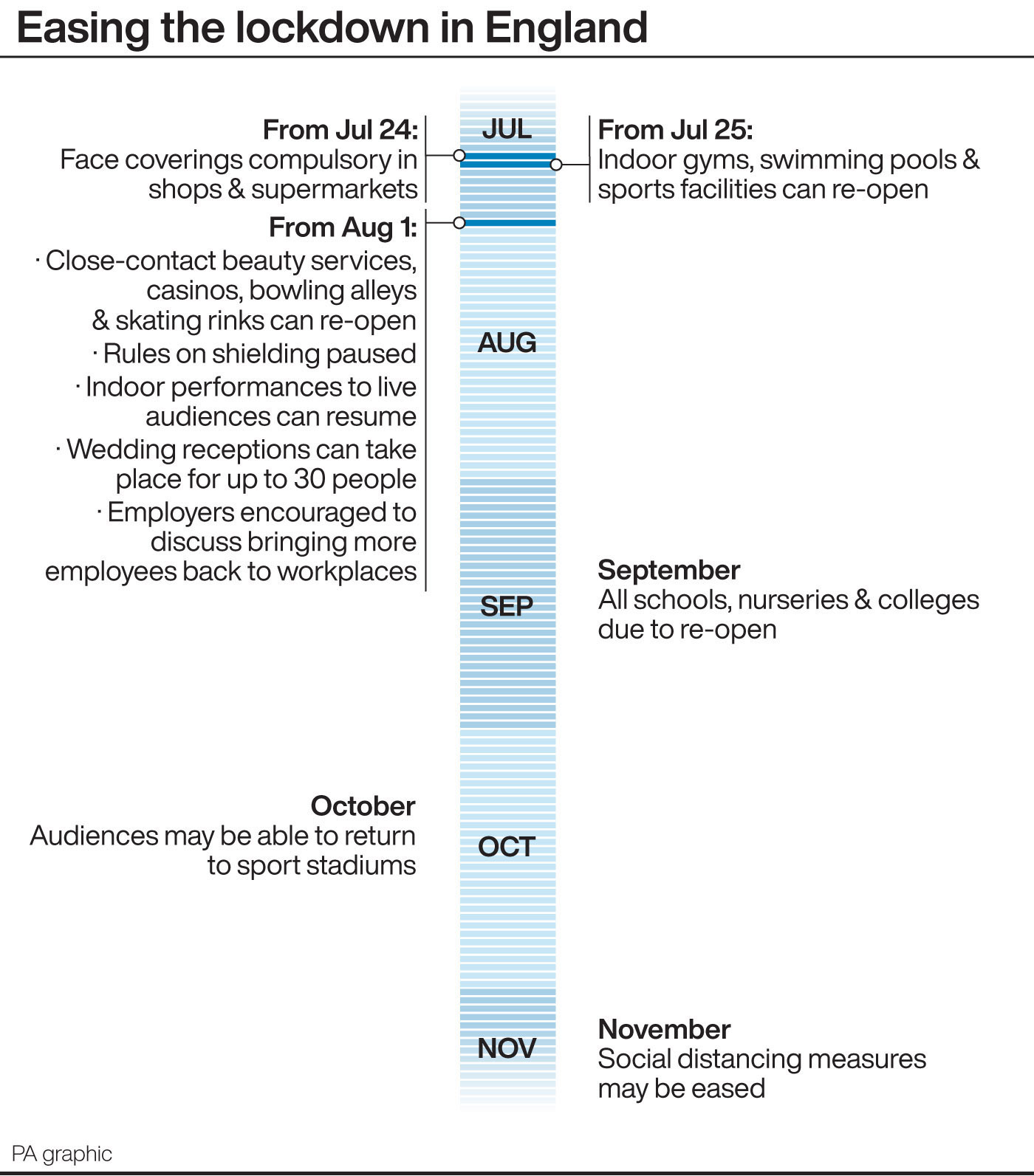

While some view the measures as draconian, others are more concerned with President Museveni's ban on social gatherings such as weddings and funerals.īut Museveni remains firm and told the nation: "My uncle died during this corona, I never went to bury, because I was adding nothing, I was not going to resurrect him, what difference does it make, just gathering when there is so much danger." Ban on gatheringsīurials in Uganda are highly emotional ceremonies that, in some cases, require people to travel hundreds of kilometers. Similarly, many citizens say weddings are social events that should not be totally banned. Ugandans are unhappy about how COVID relief funds were mismanaged during COVID lockdown last year. Ugandan students now have to do lessons at home Image: Nicholas Kajoba/Xinhua/picture allianceĪlthough the government has promised cash bailouts via mobile phone accounts to vulnerable people during the lockdown, there is widespread skepticism. We are low-income earners and should be able to access our merchandise and sell it from somewhere. We are suffering, yet we have families to take care of," one trader told DW in Kampala. "He should be lenient despite the situation. The travel restrictions have hit small-scale traders hard.

He deployed police and the army to chase citizens off the roads leading to Kampala, and roadblocks are in place at district borders. President Museveni has said the new stringent measures to curb COVID, incuding a 42-day lockdown and restrictions on the movement of people, will ease the burden on Uganda's struggling health system. Uganda is among several African countries seeing a dramatic rise in the number of COVID-19 infections amid vaccine shortages Image: Badru Katumba/AFP/Getty Images Too little, too late? However, Chris Obore, the parliament's communications director, stated in a letter to the assembly that 14 lawmakers had tested positive. Some local media reported that more than 200 lawmakers had tested positive for COVID-19.

Ugandans argued that it was unfair for major government institutions such as parliament to continue their activities despite the closure of others to minimize the risk of COVID transmissions. "As we speak, we have one liter of sanitizer, critically ill patients need to be referred, but ambulances are not available," Exorbitant medical feesĭW's Alex Gitta reports that, in addition to the shortage of equipment, many of Uganda's private hospitals have hiked treatment fees. Some are demanding cash down payments of at least $3,000 (€2,510) before attending to patients. Not many Ugandans can afford to pay, Gitta said.Īccording to DW's Emanuel Lubega, there has been some controversy over the management of the pandemic. Sam Elugat, who works at the health center in Busia district at the border with Kenya, told DW. "We got very few gloves from the NMS' recent supply. The aprons and sanitizer we have are inadequate," Dr. Reports from the capital Kampala highlight the main challenges: lack of beds for new patients, shortage of oxygen equipment, and personal protective equipment (PPE), such as gloves and masks, for those on the frontlines. The huge increase in coronavirus cases has resulted in Uganda's public hospitals reporting countless challenges as they strive to cope. President Museveni noted many COVID deaths were likely not recorded. In the last three days, 126 people have succumbed to the virus - the highest number since the start of the pandemic.

This comes as Uganda sees an unprecedented surge in COVID-19 cases. President Yoweri Museveni declared Friday a public holiday for the nation to pray for a reversal of the pandemic.


 0 kommentar(er)
0 kommentar(er)
